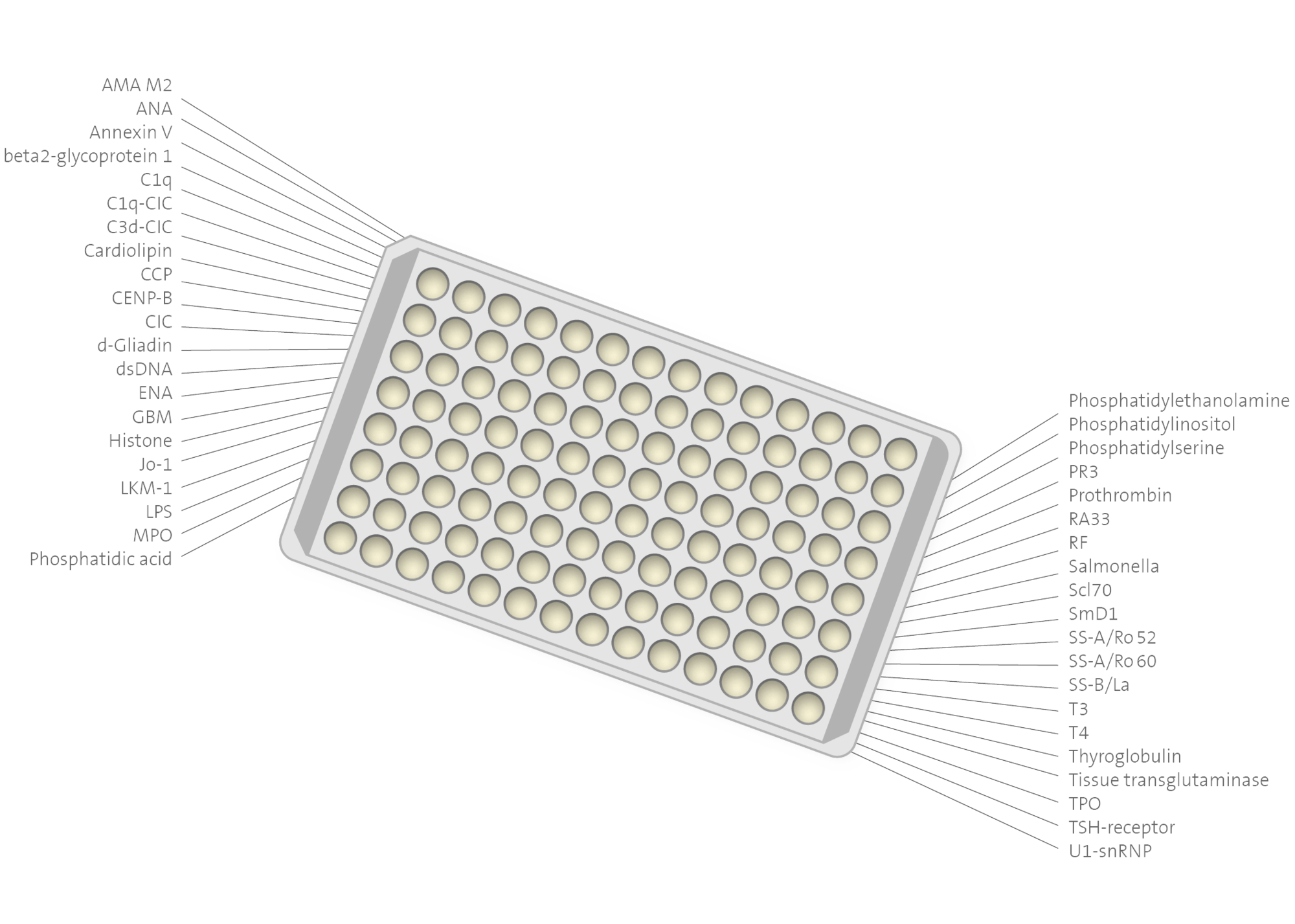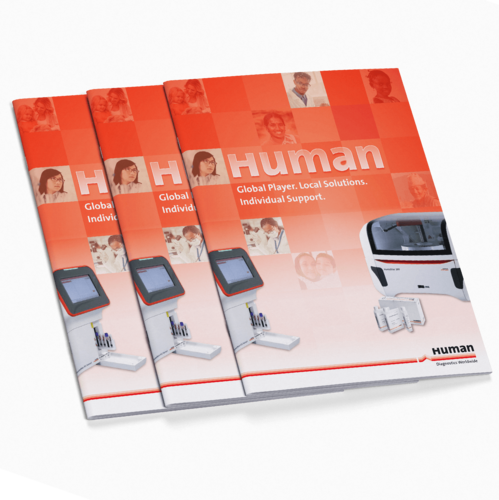Instruments
Group
- 3-part diff 2
- Analyzers 13
- Blood Glucose Monitoring Instruments 3
- Centrifuges 13
- Chemiluminescence 1
- ELISA Workstation 1
- Elisys Analyzers 6
- ESR Systems 1
- HbA1c Measurement 3
- HumaCLIA Systems 1
- HumaClot Analyzers 3
- HumaClot Instruments 3
- HumaCount 3-part Systems 2
- HumaCount 5-part Systems 8
- HumaLyzer Photometers 2
- HumaPette Adjustable Volume 15
- HumaPette Fixed Volume 19
- HumaPette Pipettes 35
- HumaPette Premium Line 17
- HumaPette Smart Line 16
- HumaScope Fluorescence 5
- HumaScope LED 6
- HumaScope Stereo 2
- HumaScope Trinocular 8
- HumaStar Analyzers 5
- HumaStar Systems 4
- Immunoassays 1
- IMTEC ELISA 5
- Incubator 5
- Instruments 8
- ISE 2
- Lab Water Systems 2
- LIA Autoimmune 7
- Malaria-LAMP 5
- Microplate Reader 8
- Mixers 6
- Mixing 5
- Multi Parameter Monitoring 1
- Pipettes 26
- POC DX 4
- Readers 2
- Sample Preparation 8
- Shaker 1
- Systems 23
- TB-LAMP 6
- Water Purification 2










